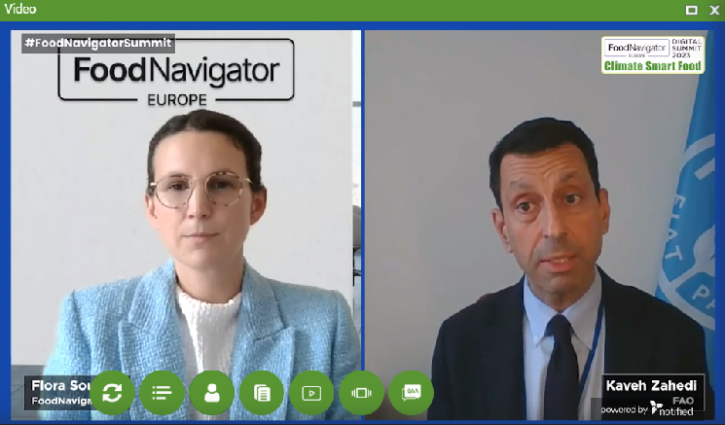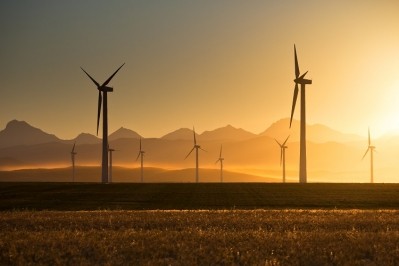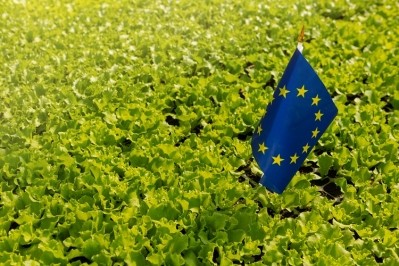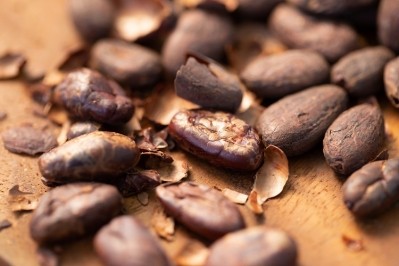‘Countries are experiencing cascading crises’: FAO climate change chief on food systems transformation in challenging times
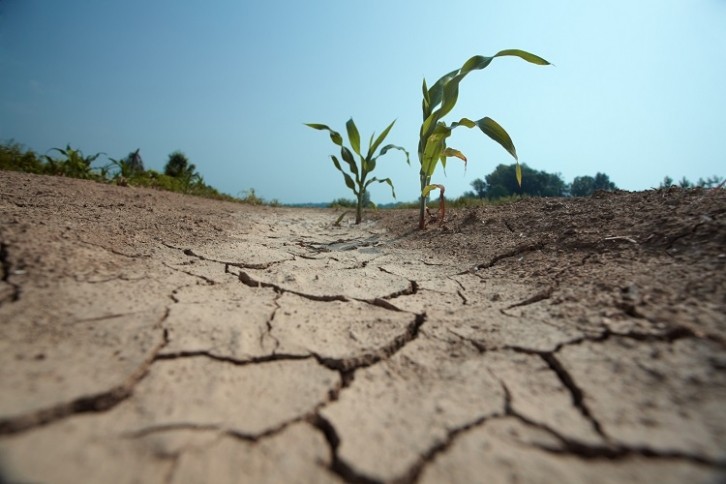
Recent years have seen an influx of disruptions – from pandemics to wars and natural disasters – with far-reaching consequences.
But it’s challenging to unpack just what is impacting on what, according to the United Nations Food and Agriculture Organization’s (FAO) Kaveh Zahedi, who heads up the Office of Climate Change, Biodiversity and Environment.
“Countries are just about to recover from COVID and the big impact that had, including on food security, and then comes different geopolitical dynamics – the war in Ukraine – and that again is impacting on food,” he told delegates at FoodNavigator’s Climate Smart Food digital summit.
“In the backdrop you have extreme weather events. So it’s sort of crisis upon crisis, or cascading crises, that are impacting across the world. And the big part of that story is of course climate change.”
When it comes to food production, these crises are exacerbated by the fact that one-third of agricultural land is degraded. The challenge therefore is to restore environmental degradation and give the planet a ‘fighting chance’ of feeding a nutritious diet to growing populations, FoodNavigator learns.
What’s in the toolbox for food systems change?
Climate change does not only have a direct and immediate impact on food production, but on the communities involved in making that food. And given rising populations – the UN estimates global populations to increase to around 10bn by 2050 – food production is going to have to increase.
But it must be environmentally sustainable, stressed the climate change lead. “Because any other way, as we currently see it, is undermining our future development.”
Awareness of these concerns, particularly amongst those most affected by climate change, is high. These countries, their smallholder farmers, and communities are ‘acutely’ aware, we were told. “They are on the frontlines…in this battle against climate change.”
For the FAO, heightened levels of awareness means it must move ‘much faster’ in integrating climate solutions. The UN agency is not only looking at the impact that unsustainable agricultural practices have on rising global temperatures, but is also exploring how responsible agricultural practices can improve greenhouse gas (GHG) emission mitigation.
Sustainable agriculture can help build resilience in terms of adaptation and sequestration, as well as food security, Zahedi suggested. “We have a large number of solutions in the agri-food system…that we are now supporting countries to scale up and roll out.”
In-field approaches include using resilient crop varieties, reducing freshwater use, improving fertiliser efficiency, and boosting biodiversity. Outside of pure-play agriculture, other factors can help prevent the mercury from rising, including combatting food loss and waste, and encouraging a diet transition towards more plant-based ingredients.
Money the primary barrier to rolling out climate smart solutions
The FAO is also keeping a keen eye on technological innovation to help transform the food system and secure food accessibility for the masses. “We need to look at all the options available, and technology is an important one,” explained Zahedi.
“We have to develop a food system for the future and technology will play a large part in that.”
Some learning is progressed by ‘frontline’ countries – those that have traditionally faced more droughts, for example, than others – which has been forced to develop drought-resilient seeds and crop varieties. “Those are the ones we need to piggyback on,” said the climate change lead. “Those are the ones we need to scale up, to spread around, to share those experiences – and to share them fast, because the climate is changing fast.”
A lot of the technologies required are already available. It’s just about scaling them, and ensuring their uptake across many countries, and especially the most vulnerable, we were told. These are likely to include small island developing states (SIDS) and landlocked developing countries.
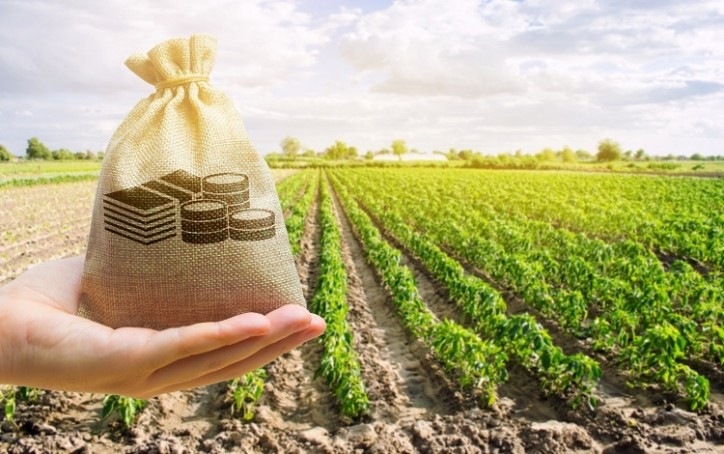
The biggest barrier to doing so is finance, according to Zahedi, who laments that just a sliver of climate finance is flowing into agri-food system solutions. “And that amount is actually declining.
“We’re beginning to understand the array of solutions that we have in agri-food systems and its transformation – from meeting the global challenges of climate change, adaptation, mitigation, biodiversity – and investment in those same solutions is going downwards. So I think, frankly, that is the biggest barrier that we face.”
Food manufacturers a ‘key’ ally in food system transformation
As to the role food and beverage manufacturers can play in mitigating climate change and improving food security, FAO’s climate change lead said he sees the private sector as a ‘key ally’ in transforming the food system.
Industry is ‘acutely’ aware of the impact of climate change on food production, we were told. “It’s getting more and more difficult to produce the same food in areas with scarcity of water, longer droughts, the unpredictability of weather. And on top of that, some of the vulnerabilities of supply chains that were highlighted by COVID. So I think the challenges are manifesting themselves.”
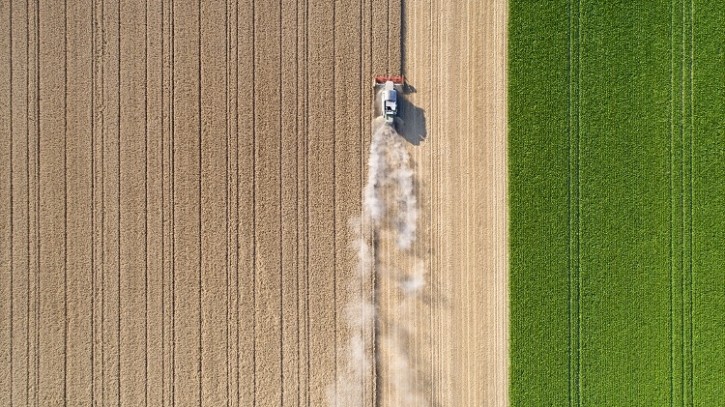
The private sector will have to help lead this transformation, stressed Zahedi. And not just in terms of producing food, but also in terms of supply transportation, the responsible use of plastics, and many other factors relevant to the agri-food industry.
“We are, in some degree, dependent on that leadership…and investment to make this transformation possible.”
Missed our fireside chat with Kaveh Zahedi from the UN FAO Office of Climate Change, Biodiversity and Environment, or any other content streamed during the Climate Smart Food broadcast? Don't worry, it's all available on demand. Click HERE to view the programme and HERE to register and view at your leisure.

